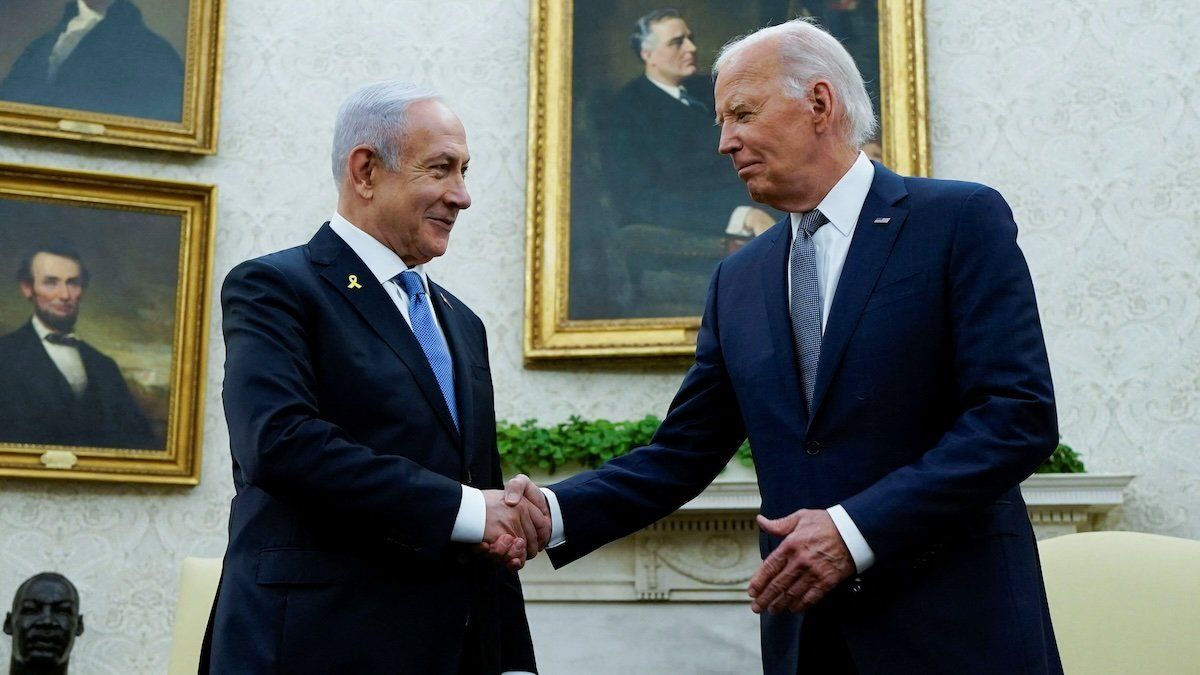While Israeli Prime Minister Benjamin Netanyahu was visiting the US this week, Hezbollah released drone footage of an Israeli air base located roughly 31 miles south of the Lebanese border.
The drone footage once again raises questions about Israel’s air defenses, which also failed to intercept a recent Houthi drone that killed one person in Tel Aviv. But the fact that Hezbollah publicized the footage is more about sending a message on its capabilities than a warning of an impending attack; the militant group has been clear that it does not seek a wider war in the region.
Israel and Hezbollah, the powerful Iran-backed militant group in Lebanon, have repeatedly traded cross-border fire since the war in Gaza began in October. Hezbollah has said it would stop attacking Israel if a cease-fire was reached in Gaza.
Both President Joe Biden and Vice President Kamala Harris were expected to urge Netanyahu to work toward a truce in Gaza when they met with him at the White House on Thursday. The meetings came a day after the Israeli leader’s controversial address to Congress, which was met with criticism from Democratic lawmakers. The speech also prompted anger in Israel and protests in Tel Aviv, with demonstrators calling for Netanyahu to focus his energy on a deal that would free the remaining hostages in Gaza.
Before heading home, Netanyahu is set to meet with former President Donald Trump in Florida on Friday, and we’ll be watching to see what emerges from that.
